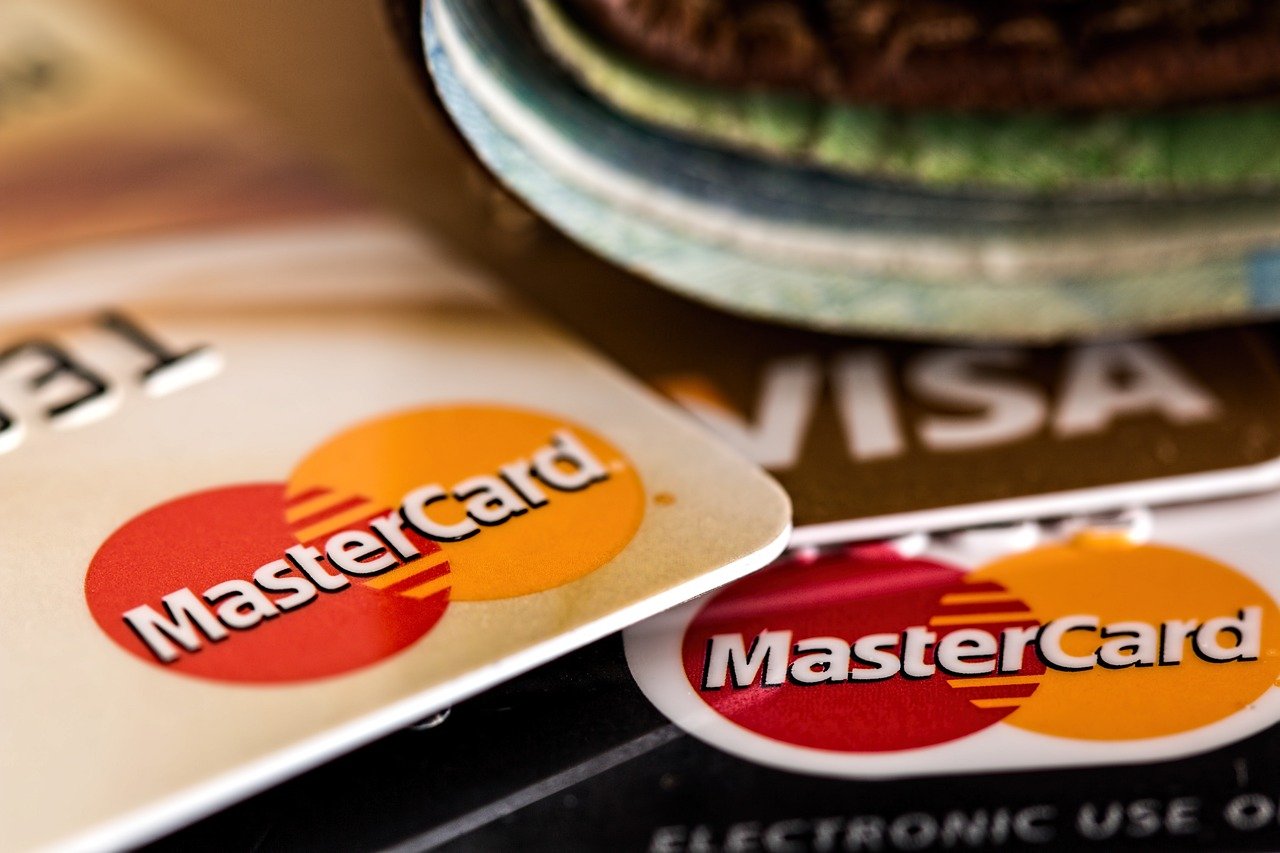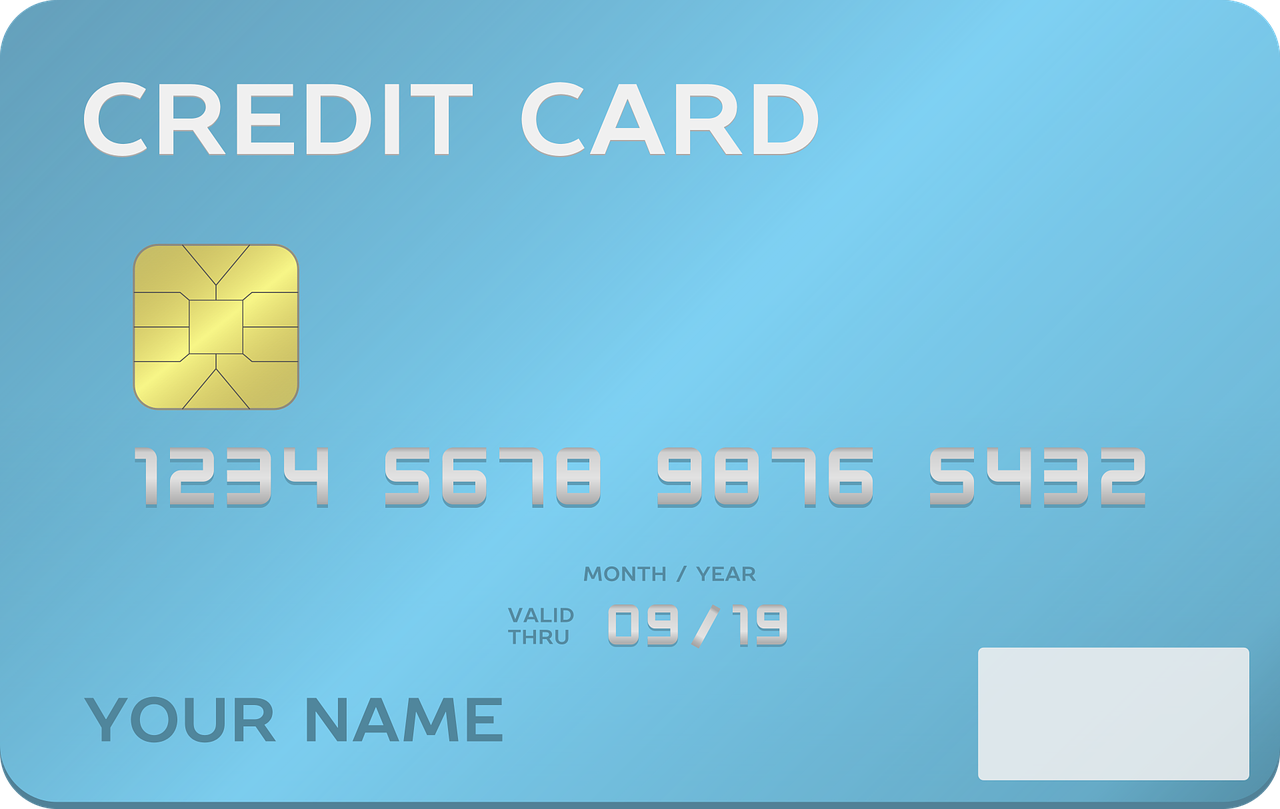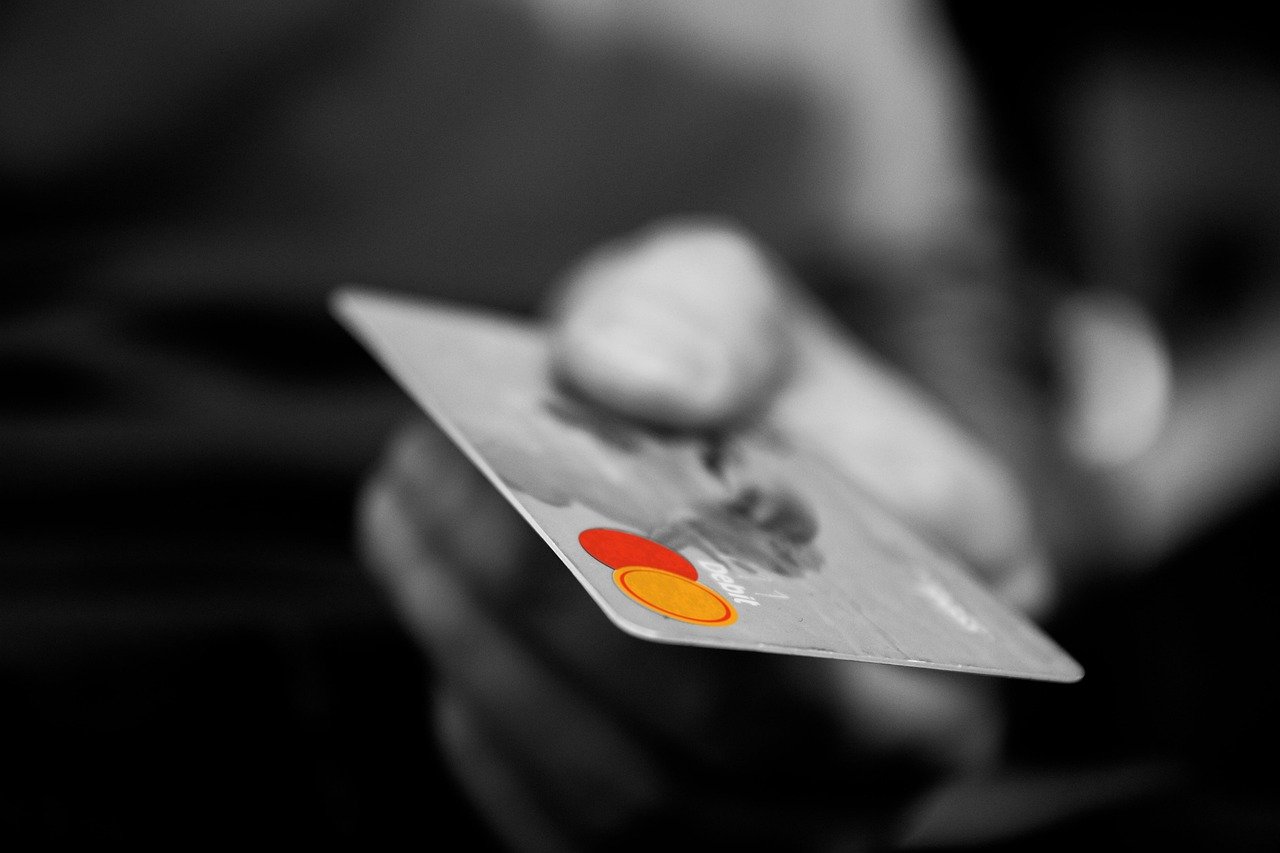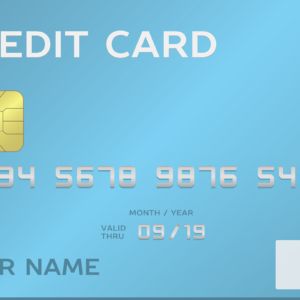In today’s financial landscape, the responsible use of credit cards plays a significant role in building a positive credit history. By managing your credit cards wisely, you have the power to build a solid foundation for your financial future. Making timely payments, keeping your utilization low, and avoiding unnecessary debt can all contribute to a healthy credit history. With each responsible transaction, you are taking a step towards securing better loan terms, lower interest rates, and increased financial opportunities. So, whether you are a first-time credit card user or looking to improve your credit score, embracing responsible credit card usage can pave the way for a brighter financial horizon.

Importance of Building a Positive Credit History
Having a positive credit history is crucial for various aspects of your financial life. It not only affects your ability to secure loans and credit cards but also plays a significant role in determining the interest rates you receive. A positive credit history shows lenders and financial institutions that you are a responsible borrower, increasing your chances of getting approved for credit in the future. Additionally, building a positive credit history demonstrates your commitment to managing your finances and can open doors to favorable financial opportunities.
Understanding Credit Scores
What is a credit score?
A credit score is a three-digit number that represents your creditworthiness. It is a statistical assessment of your credit history and helps lenders evaluate the risk of lending to you. The most commonly used credit scoring model is the FICO Score, which ranges from 300 to 850. The higher your credit score, the more favorable terms and interest rates you are likely to receive.
The factors that affect credit scores
Several factors contribute to your credit score, and understanding them is key to building and maintaining a positive credit history. These factors include:
- Payment history: Timely payments on your credit accounts have a significant impact on your credit score.
- Credit utilization: The percentage of your available credit that you are using. Keeping your credit utilization low shows responsible credit management.
- Length of credit history: The longer your credit history, the more information lenders have to assess your creditworthiness.
- Credit mix: The variety of credit accounts you have, such as credit cards, loans, and mortgages.
- New credit inquiries: Opening multiple new accounts within a short period can negatively impact your credit score.
Why credit scores are important
Credit scores are crucial because they determine your creditworthiness and affect your ability to access credit. A higher credit score translates to more favorable terms, such as lower interest rates and higher credit limits. On the other hand, a low credit score can hinder your ability to get approved for loans or credit cards, and even if approved, you may face higher interest rates. Building and maintaining a positive credit history is fundamental in securing financial opportunities and achieving your financial goals.
Role of Credit Cards in Building Credit History
Credit cards can be powerful tools in building a positive credit history when used responsibly. It is important to note that responsible credit card usage is the key. These cards allow you to establish a credit history and demonstrate your ability to manage credit effectively. By making timely payments and keeping your credit utilization low, credit card usage can positively impact your credit score over time.
Choosing the Right Credit Card
Researching different credit card options
When choosing a credit card to build your credit history, it is essential to research and compare different options. Look for credit cards specifically designed for individuals who are starting to build their credit. These cards often have more relaxed approval criteria and may offer features tailored to credit building.
Considering fees and interest rates
When evaluating credit card options, pay close attention to fees and interest rates. Some cards may have high annual fees or high-interest rates, which can be costly if you carry a balance or use the card frequently. It’s best to opt for a card with reasonable fees and rates that fit your financial situation.
Evaluating rewards and benefits
While building credit history is the primary goal, it’s worth considering credit cards that offer additional rewards and benefits. Some cards may provide cashback on purchases, travel rewards, or other perks. However, make sure the rewards and benefits don’t come at the expense of higher fees or interest rates.

Establishing Responsible Credit Card Use Habits
To build a positive credit history using credit cards, it is crucial to establish responsible credit card use habits. By following these practices, you can set yourself up for success and demonstrate your creditworthiness to lenders.
Making timely payments
One of the most important habits to develop is making timely payments on your credit card. Paying your credit card bill on time every month shows lenders that you are reliable and can be trusted with credit. Set up automatic payments or use calendar reminders to ensure you never miss a payment.
Keeping credit utilization low
Credit utilization refers to the percentage of your available credit that you are using. Keeping this ratio low is key to building a positive credit history. Aim to keep your credit utilization below 30% to show that you are not relying heavily on credit. For example, if you have a credit limit of $1,000, try to keep your outstanding balance below $300.
Monitoring credit card transactions
Regularly monitoring your credit card transactions is crucial to catching any fraudulent activity and ensuring the accuracy of your statements. By reviewing your transactions, you can identify any unauthorized charges and report them promptly. Additionally, monitoring your spending helps you stay on top of your budget and avoid overspending.
Avoiding Common Credit Card Mistakes
While using credit cards responsibly can build a positive credit history, it’s vital to avoid common mistakes that can have the opposite effect. By steering clear of these pitfalls, you can maintain a healthy credit profile.
Skipping payments or paying late
Missing credit card payments or paying them late can have a significant negative impact on your credit score. Late payments are reported to credit bureaus and can stay on your credit report for up to seven years. Make it a priority to pay your credit card bill on time, even if it means setting reminders or automating your payments.
Maxing out credit cards
Maxing out your credit cards and carrying high balances can harm your credit score. It indicates a higher level of credit risk to lenders and shows that you may be experiencing financial strain. Try to keep your credit utilization low, as mentioned earlier, to demonstrate responsible credit management.
Opening too many accounts
Applying for multiple credit cards within a short period can hurt your credit score. Each credit card application results in a hard inquiry on your credit report, which can lower your score temporarily. It is best to be selective when applying for credit cards and only open new accounts when necessary.

Building Credit with a Secured Credit Card
What is a secured credit card?
A secured credit card is a type of credit card that requires a security deposit as collateral. Generally, the deposit amount becomes your credit limit. Secured credit cards are an excellent option for individuals with limited or poor credit history who want to build or rebuild their credit.
How secured credit cards work
When you use a secured credit card, your payment activity is reported to credit bureaus, just like a traditional credit card. By making timely payments and using the card responsibly, you can establish a positive credit history. The security deposit acts as protection for the card issuer in case you fail to pay your bill.
Tips for using a secured credit card effectively
To make the most of a secured credit card, follow these tips:
- Use the card regularly but responsibly: Make purchases within your means and pay off the balance on time and in full each month.
- Keep your credit utilization low: Aim to use a small percentage of your available credit to demonstrate responsible credit management.
- Gradually increase your credit limit: Some secured credit card issuers may allow you to increase your credit limit over time as you prove your creditworthiness. This can help improve your credit utilization ratio.
- Transition to an unsecured credit card: As you build a positive credit history, you may eventually qualify for an unsecured credit card, which does not require a security deposit. This transition can provide more flexibility and potentially better terms.
Using Credit Building Tools and Resources
Credit monitoring services
Credit monitoring services are tools that help you keep track of changes in your credit report. They provide you with alerts when there are new inquiries, changes in account balances, or suspicious activities. These services are valuable in detecting identity theft and monitoring your credit health.
Credit education courses
Education courses on credit management and financial literacy can provide valuable insights and knowledge. These courses cover topics such as how credit works, how to build credit, and how to maintain a positive credit history. Taking advantage of these resources can empower you to make informed financial decisions.
Credit counseling programs
If you are struggling with credit card debt or need guidance on managing your credit, credit counseling programs can offer assistance. These programs provide personalized counseling to help you develop a budget, manage debt, and improve your credit. Credit counselors can also negotiate with creditors to create a repayment plan that suits your financial situation.
Taking Advantage of Credit Building Opportunities
Becoming an authorized user on someone else’s account
One way to build credit history is by becoming an authorized user on someone else’s credit card account. When you become an authorized user, the primary cardholder’s payment history and credit utilization can positively impact your credit. However, it’s essential to choose a responsible primary cardholder and ensure they maintain good credit habits.
Applying for credit builder loans
Credit builder loans are specifically designed to help individuals build credit. These loans work by holding the borrowed funds in a separate account while you make regular payments. Once the loan is fully paid off, the funds are released to you. By making timely payments on the loan, you can demonstrate responsible credit behavior and improve your creditworthiness.
Exploring alternative credit scoring models
In addition to traditional credit scoring models, some lenders use alternative scoring models to assess creditworthiness. These models take into account factors beyond traditional credit data, such as rent or utility payments. If you have a limited credit history, exploring alternative scoring models can provide additional opportunities to establish credit.
Conclusion
Building a positive credit history is essential for your financial well-being. Responsible use of credit cards, combined with good credit habits, can help you establish and maintain a positive credit history. By understanding credit scores, choosing the right credit cards, and building responsible credit card use habits, you can pave the way for a brighter financial future. Don’t forget to take advantage of credit building tools and resources and explore various credit building opportunities available to you. With determination and responsible financial management, you can build a strong credit history and open doors to better financial opportunities.

